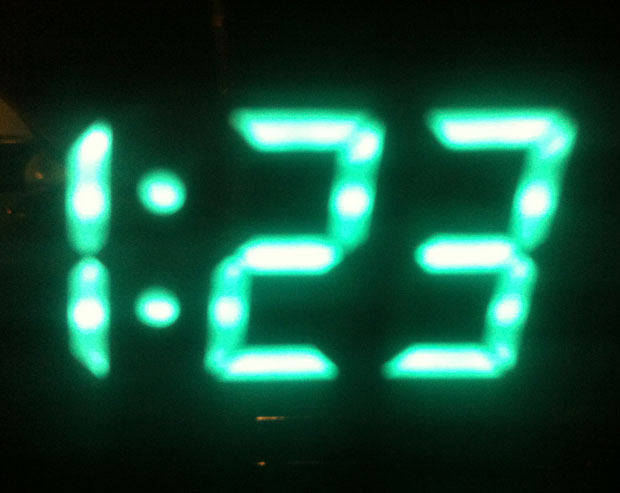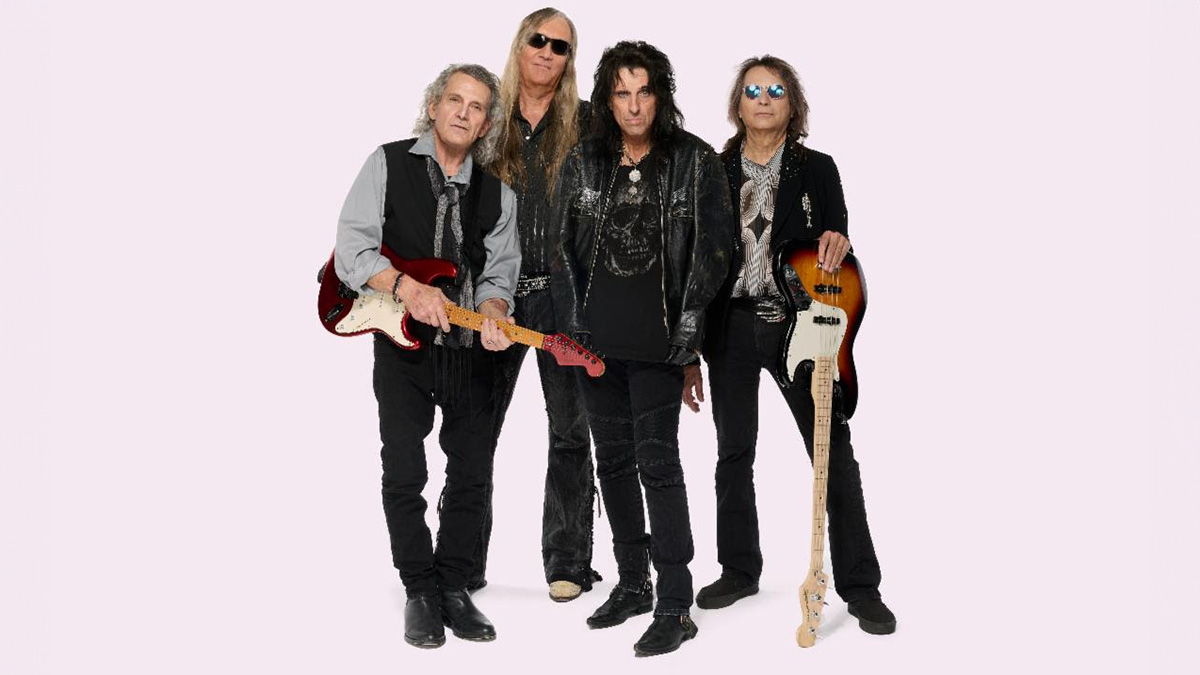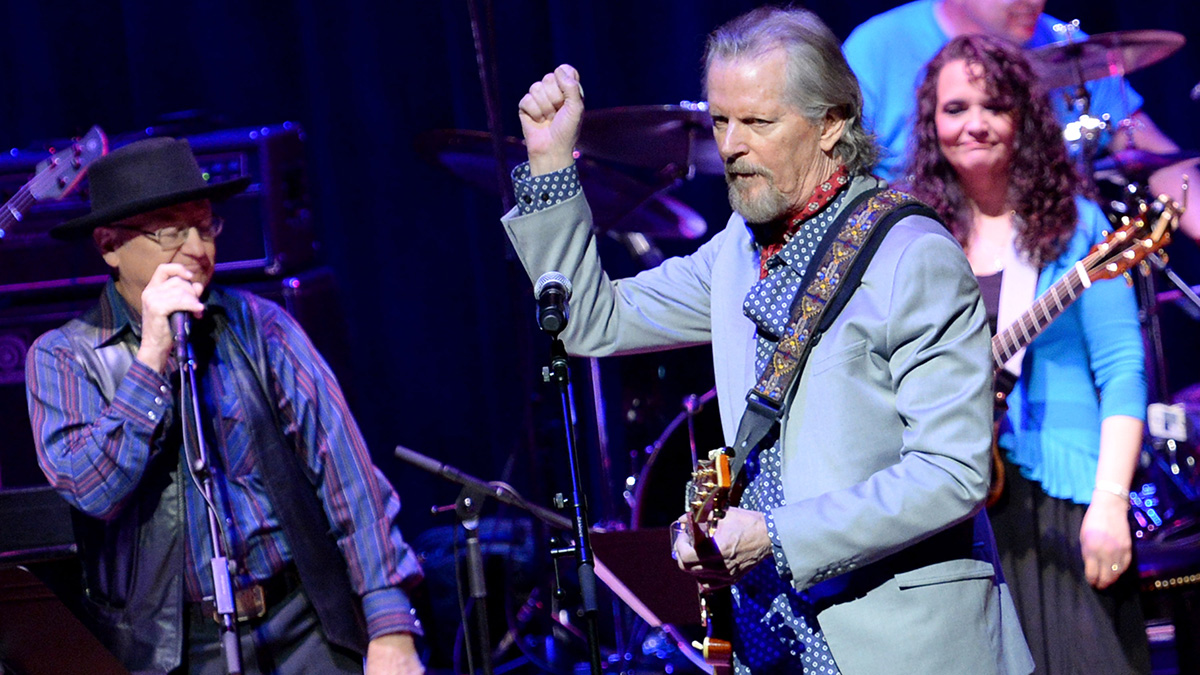Songcraft: It’s About Time

My name is Mark Bacino, and I’m a singer/songwriter based in New York City.
Welcome to “Songcraft.” Within the virtual pages of this new blog, I plan to delve into all aspects of songwriting, both inspirational and perspirational (Is that a word?) as well as any and all related topics along the way.
Whether you’ve been writing songs forever or just starting out, I hope you’ll join me and take something away from this as we go that will inspire you to write better tunes -- or just to write. I kinda hope it’ll be fun too.
It’s About Time
Timing in life, as they say, is everything. It’s obviously pretty important in music, too, so let’s talk tempo.
As songwriters, we think of tempo as the most basic of basics. Tempo, or the speed at which we perform a song, is sort of the quiet engine, the driving force behind all our tunes; yet, because we consider it so "Songwriting 101," tempo can sometimes become songcraft’s sadly neglected middle child.
The hard, cold facts are these: Perform a great song too fast and you’ve lost the race. Play a great song too slow and the only animal left in the barn when you finish will be the turtle you rode in on. Your audience may never intellectualize your tempo miscalculations, but they will certainly feel them and sense something’s "off."
Get The Pick Newsletter
All the latest guitar news, interviews, lessons, reviews, deals and more, direct to your inbox!
Disclaimer: I have to admit I’m pretty horrible at picking the right tempos for my tunes. Conversely, I know a lot of songwriters who are just plain naturals at the process (hate them). If you’re one of the former, here are a few survival tactics I’ve developed over the years:
Recording
Before you begin to record those new songs with your band, have all your tunes' tempos decided upon and documented via the BPM (beats per minute) standard of tempo measurement.
Despite your drummer’s claims of his "killer" feel and his promises of an early departure from the bar the night before recording, the studio is a bad place to pick tempos. There's just too much going on.
Every home Digital Audio Workstation (DAW) comes with a click track and BPM tempo controls. If you have one, use these tools and mess around with your tempos offline, on your own time. Even record yourself with just one instrument and a vocal at different tempos and listen back until you find the right tempo that works for each particular tune. Then write them down. Even if you don’t plan on recording to a click (aka fixed time) in the studio, your pre-selected tempos will make for a great reference/starting point.
Don’t have a DAW set-up at home? Check this metronome app for iPhone or this free online metronome. These will help you get the job done. And if all else fails, get your hands on an old-fashioned metronome.
Another tempo-finding hack I’ve employed goes like this: Think about your new song and try to recall a favorite tune from another artist that might have a similar vibe or feel. Dig out that artist’s track and try and figure out what tempo their song lives at. You can do this by using the "Tap" function in your DAW or app.
Once you establish the model song’s tempo, apply that BPM to your tune. It may not be perfect, but it probably will be close. Adjust accordingly and quietly give thanks to super producer Jack Douglas for helping you pick out a tempo for your song via that old Aerosmith record.
Live
The same thoughts apply. Before leaving that dingy rehearsal room and stepping on stage, try and get your tempos in place. If your drummer is tempo-challenged (and a bunch of good drummers are, believe it or not), they make a lot of tempo-keeping gear for live application that can be used as an on-the-fly reference. If you can, use these tools. They will stop you from playing that 45-minute set in 15 (Been there, done that).
Mark Bacino is a singer/songwriter based in New York City. When not crafting his own melodic brand of retro-pop, Mark can be found producing fellow artists or composing for television/advertising via his Queens English Recording Co. Mark also is the founder of intro.verse.chorus, a website for songwriters dedicated to the exploration of that wonderfully elusive activity known as songwriting. Visit Mark on Facebook or follow him on Twitter.
"Upgrading from your entry-level acoustic opens the door to an entirely new world of tonewoods, body shapes, and brands": 6 signs it's time to upgrade from your first acoustic guitar
"I'm past my prime": 5 common excuses for not learning the guitar – and 5 body and mind-boosting reasons you should










